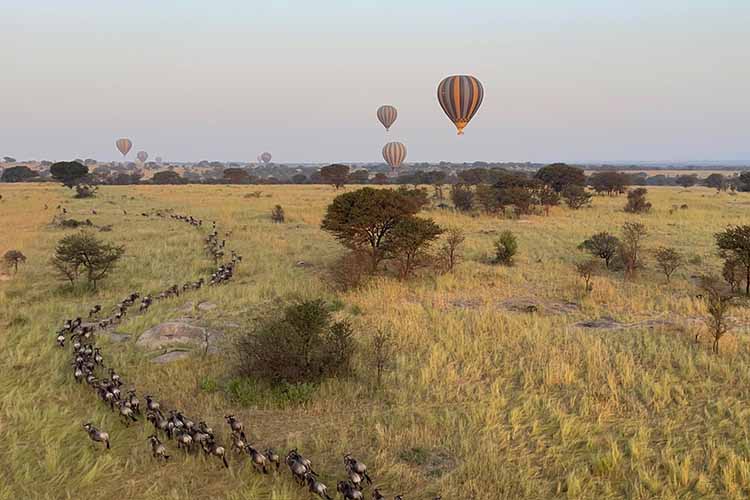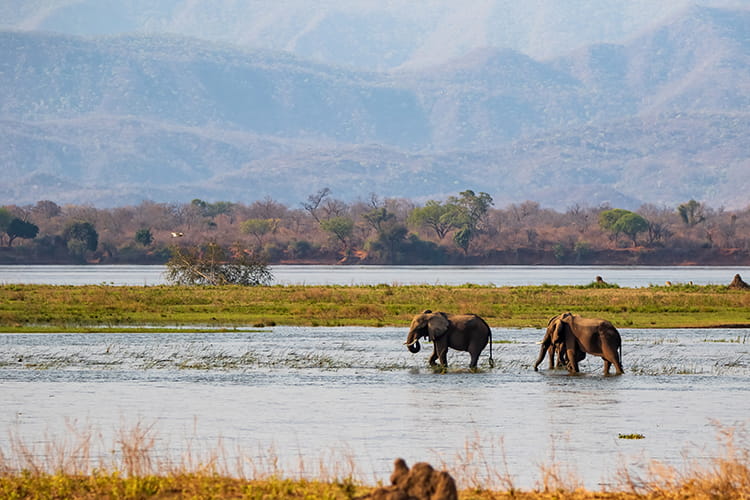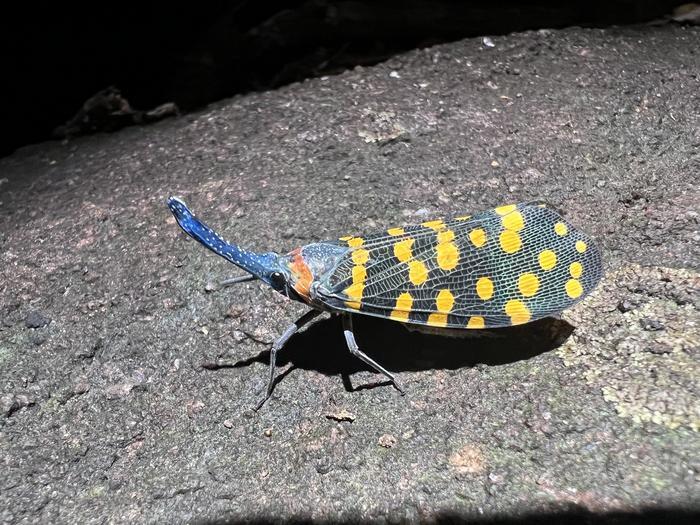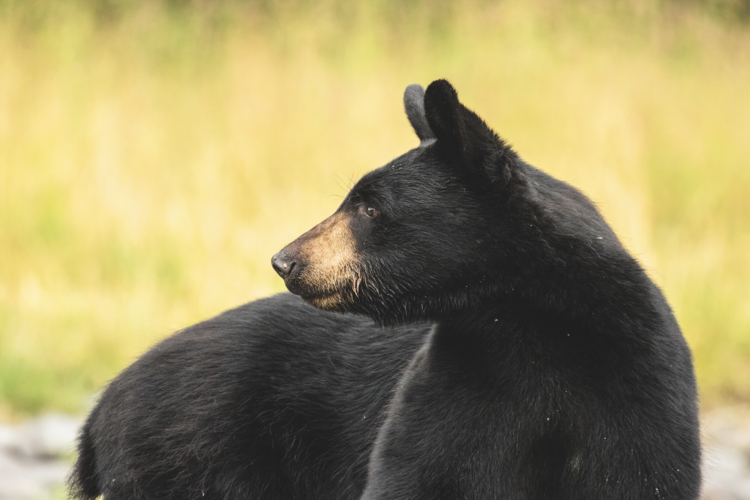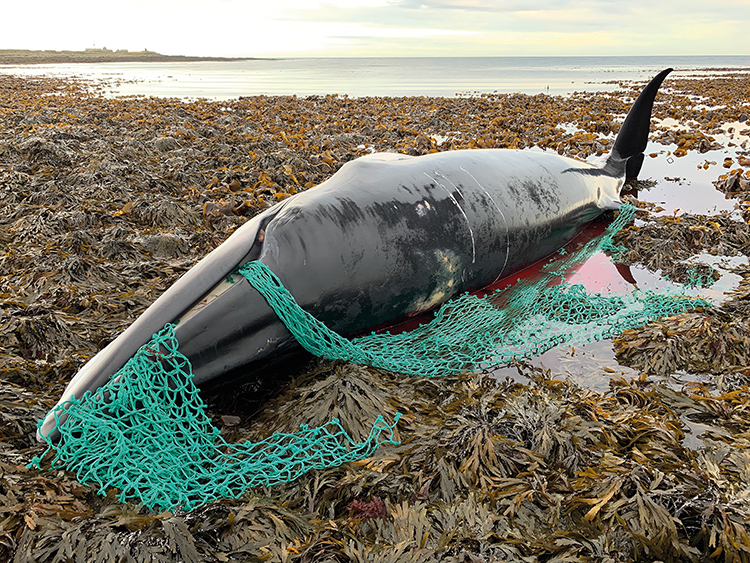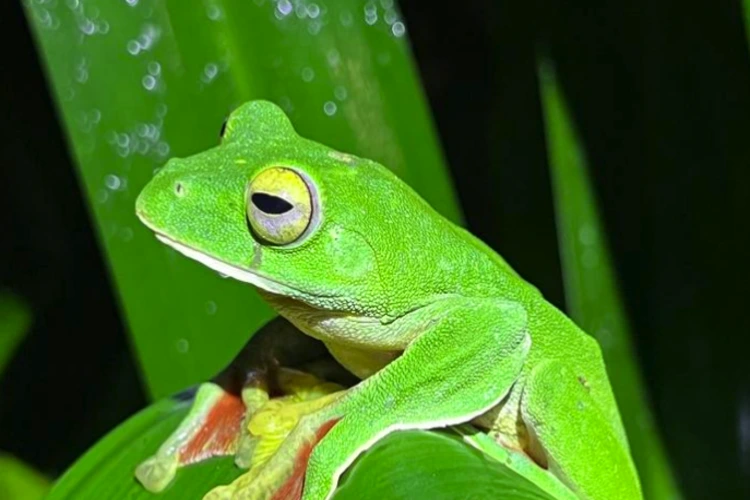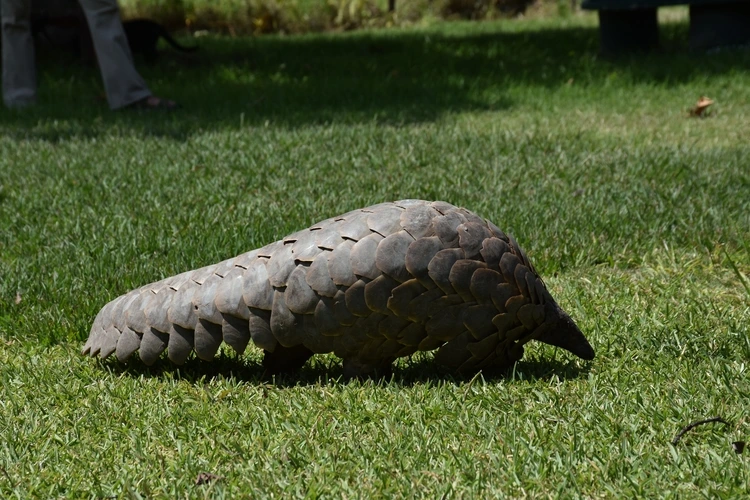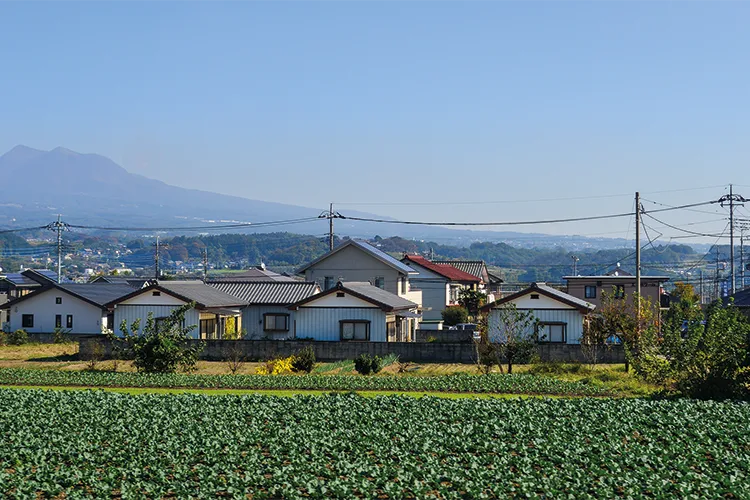Wildlife
Untamed Tanzania: Vihann’s adventure
From the giant tuskers of Tarangire to the thunder of the Great Migration, safari expert Vihann Van Wyk explores Tanzania
Phenomena: the parakeets of urban Britain
Discover how these 'green intruders' are making their mark across urban landscapes in Britain
The Zambezi Corridor: Mapping the lifeline that connects three of Zambia’s Great Parks
Discover Zambia's Great Parks, a mosaic of wild landscapes with filled with hippos, crocs, wading elephants and tiger fish
The ten species to watch out for in 2026
From a psychedelic tarantula to wild tulips and a pangolin, here are the ten highly-threatened species to watch out for in 2026
New species are now being discovered faster than ever before, study suggests
More than 16,000 new species are discovered each year across the world, with trend showing no sign of slowing
What can be done to protect Florida’s wildlife?
The race against time to secure a survival path for Florida’s wildlife before development closes the door
Why are whales stranding along Scotland’s coast?
Mark Rowe investigates the surge in whale strandings along Scotland’s coast — a warning sign, scientists say, of deeper changes in the North Atlantic ecosystem
What are London’s ‘Gentoo 15’ – and why are MPs demanding to save them?
Fifteen gentoo penguins are currently confined in a London Sea Life aquarium, sparking welfare concerns and an open letter from 75 MPs
Extinction rates have slowed across many plant and animal groups, study shows
New research revealed that the patterns and causes of past extinctions differ from current and future threats...
Almost all marine aquarium fish in the US are caught in the wild, research finds
90 per cent of aquarium fish sold by US online retailers sourced directly from wild populations
New hope for hidden wildlife of the Democratic Republic of Congo
National park in DRC with rare species such as pangolin and okapi set to be protected in new agreement A…
Depopulation is reshaping Japan’s countryside and threatening biodiversity
Study finds Japan’s abandoned land is harming wildlife instead of helping it
Load More

